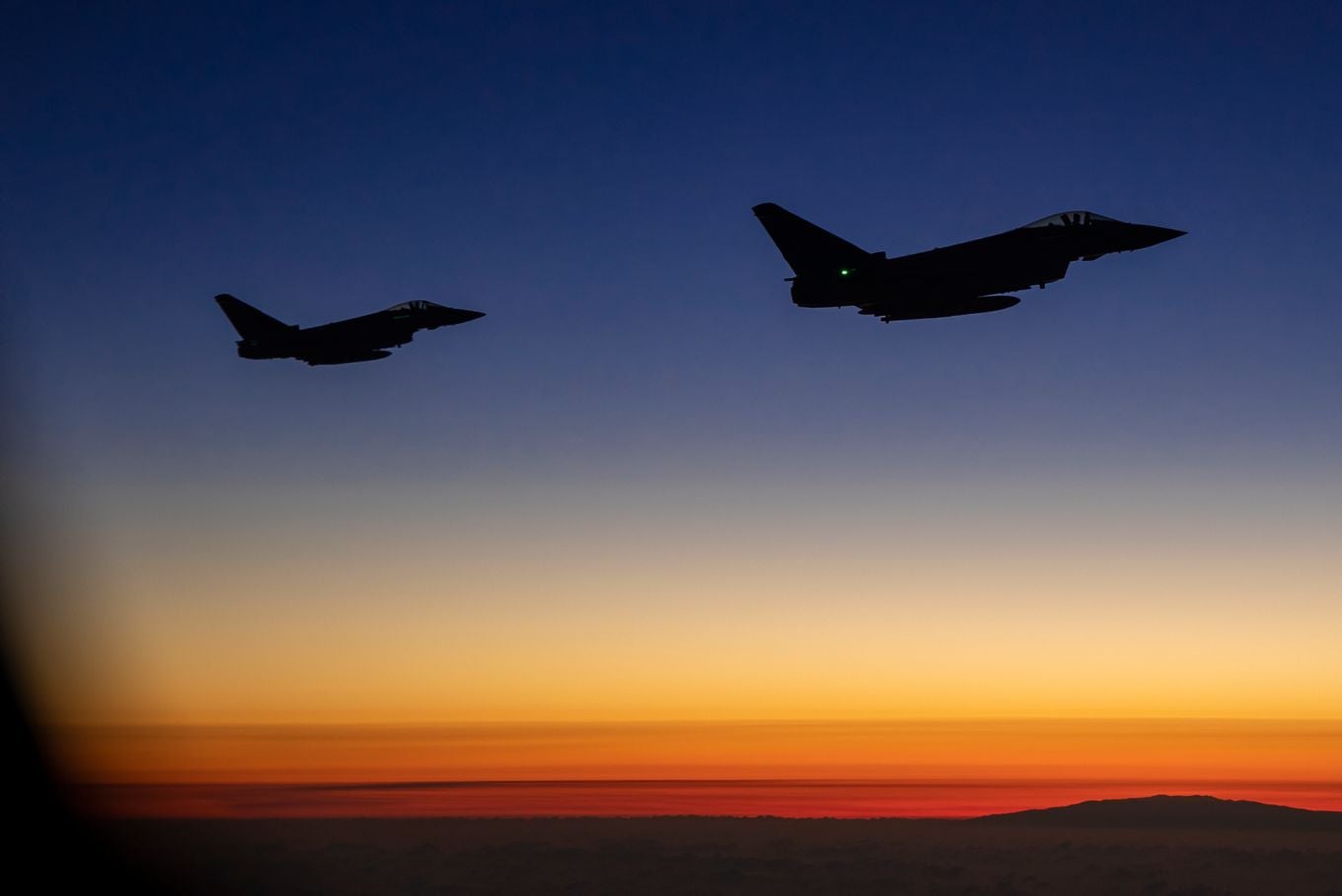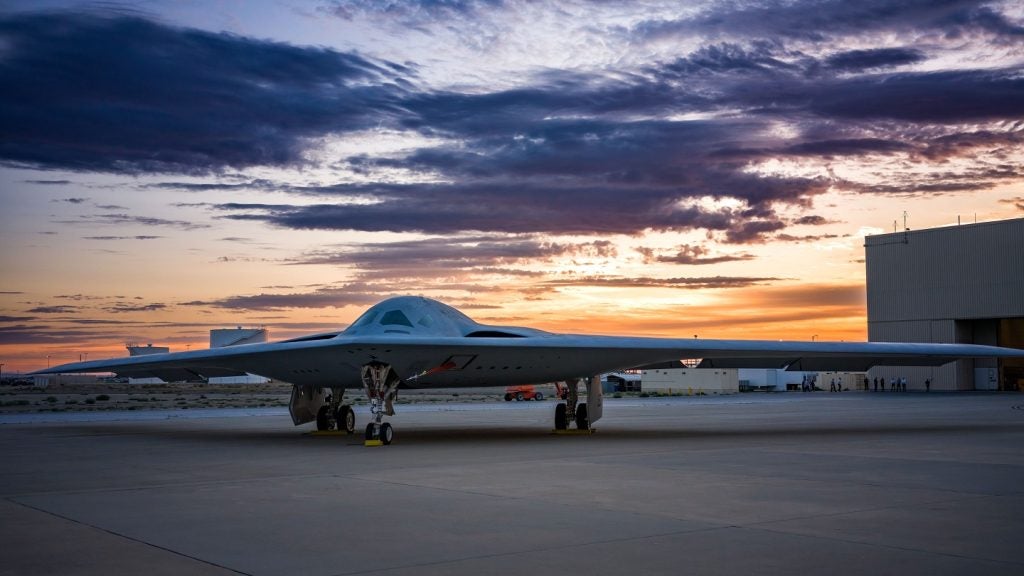
The British Royal Air Force (RAF), alongside its commercial partner Zero Petroleum, has completed the first flight using entirely synthetic aviation fuel.
During the short test flight, an unmodified Ikarus C42 microlight aircraft powered by Zero Petroleum’s synthetic UL91 fuel was flown by RAF head flight test pilot group captain Peter Hackett.
The aircraft, which was fitted with Rotax 912UL 4-cylinder air-cooled unmodified engine, took off from Cotswold Airport in Cirencester, UK.
The flight was conducted as part of RAF’s Project MARTIN, an initiative to reduce carbon emissions.
Prior to the maiden flight, the UL91 fuel was tested rigorously with aircraft overhaul and repair facility ‘CFS Aero’.
The latest Project MARTIN innovation can save 80%-90% of carbon per flight and proves that synthetic fuel can also increase engine lifespan.
How well do you really know your competitors?
Access the most comprehensive Company Profiles on the market, powered by GlobalData. Save hours of research. Gain competitive edge.

Thank you!
Your download email will arrive shortly
Not ready to buy yet? Download a free sample
We are confident about the unique quality of our Company Profiles. However, we want you to make the most beneficial decision for your business, so we offer a free sample that you can download by submitting the below form
By GlobalDataIt also supports RAF’s vision to use synthetic fuels in powering future fast jets.
Furthermore, it highlights the UK Ministry of Defence’s (MoD) solution-based approach to address challenges related to climate change.
Working towards the government’s goal of achieving net-zero emissions by the year 2050, the British Air Force seeks to have its first net-zero airbase by 2025.
It also aims to achieve its net-zero force goal by 2040.
UK Defence Procurement Minister Jeremy Quin said: “This is a world-first ‘innovation’. It shows the determination of UK Armed Forces to drive forward creative ideas on net-zero alongside meeting operational commitments.
“Whilst green technologies like electric and hydrogen power generation are viable for many RAF platforms, high-performance aircraft require a liquid fuel alternative, like the UL91, to maintain operational capabilities.”
The UL91 fuel is manufactured by extracting hydrogen from H₂O and carbon from atmospheric CO₂.
Zero Petroleum CEO Paddy Lowe said: “We are particularly proud of the fact that our high-grade aviation gasoline ZERO SynAvGas was developed in just five months and ran successfully in the aircraft as a whole-blend without any modification whatsoever to the aircraft or the engine.
“The engine manufacturer Rotax’s measurements and the test pilot’s observations showed no difference in power or general performance compared to standard fossil fuel.”






